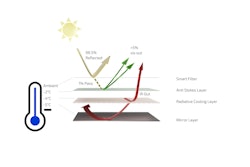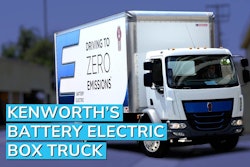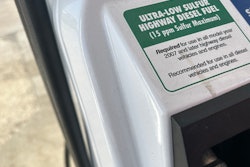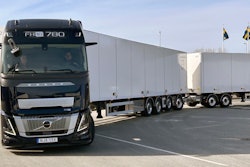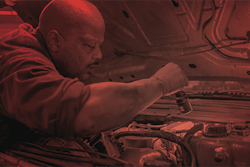While attempts have been made in the past to repeal the Federal Excise Tax, tougher emissions regulations combined with growing costs for zero-emission vehicles may help propel the latest effort across the finish line.
The Federal Excise Tax got its start over 100 years ago to help pay the hefty price tag for World War I. U.S. Congressman Doug LaMalfa (R-Calif., District 1) who has long supported repealing the FET noted that the tax on new heavy-duty vehicles has grown through the years from 3 to 12%.
Now with company and government mandates in place calling for a fast-paced switch to costly zero-emission vehicles, some even before the end of this decade, LaMalfa thinks a bipartisan FET repeal bill he introduced to the House of Representatives in March has a better chance of passing.
The Modern, Clean and Safe Trucks Act of 2023 (H.R. 1440) was also introduced at the same time in the Senate by U.S. Senators Todd Young (R-Ind.) and Ben Cardin (D-Md.), who noted that the tax is “the highest levied on any product” and that it “discourages private investment to modernize America’s truck fleet with cleaner and safer trucks and trailers.”
The seven-page bill points out that the 12% FET adds between $12,000 and $22,000 to the cost of a new heavy truck, tractor or trailer. That's not including zero emission electric and hydrogen fuel cell trucks which cost much more.

